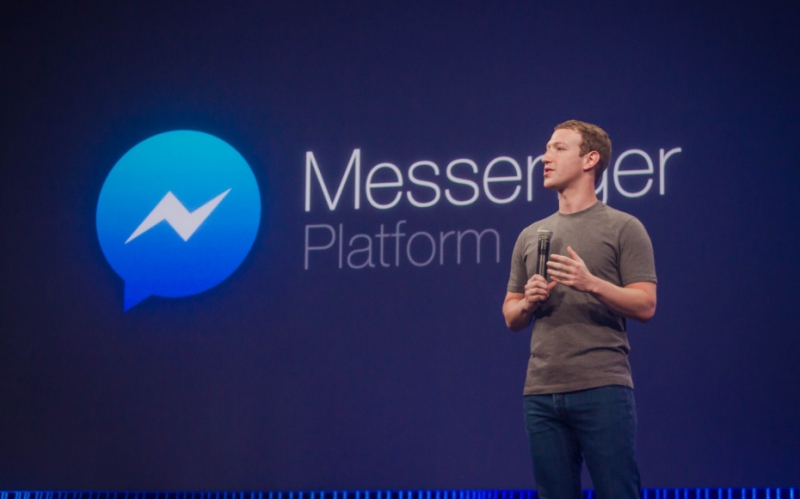Chat Bots and The Future of the Internet
A few weeks ago we asked whether a real human/computer conversation could ever take place. Well, with Facebook releasing the first batch of its new Messenger chat bots, that goal may have edged slightly closer.
So what are chat bots? And how will they impact the internet?

A chat bot is a computer program designed to allow human users to interact with computers via natural language. By simulating human conversation, a chat bot is able to respond to questions, queries, and other interactions in the most relevant and dynamic way. And, right now, people are very excited about them!
David Marcus, vice president of messaging at Facebook, for one, believes that the internet is reorganising itself, and that bots will be the driving force behind this “post-app” internet – possibly even replacing apps.
Gerald Tan, an advisor to London tech start-ups, doesn’t think that chat bots will completely replace apps, but instead believes that
“chat bots will slowly morph into the richness of an app but until then (especially if data is not freely shared between the messaging platform and company producing these bot), I see a more comprehensive offering of apps and chat bots”.
He believes that the future companies will need to
“give its users a complete offering of its services, it will have to be multi product, multi platform. There will be many different permutations but the most common will be in the form of mobile apps with chat bots, possibly complemented with web clients.”
That said, internet users are spending more time on messaging platforms, and, at least in the East, companies such as WeChat are integrating more and more services into messaging packages – the ability to pay for utilities, buy cinema tickets, upload moments, and so on. And, although, being developed for one-to-one human interaction, such platforms have, to date, not offered an awful lot to companies, chat bots change this.
By allowing human users to communicate with a company or organisation in the same manner as they would chat to their friends, chat bots make it possible for companies to make the most of messaging platforms and communicate with consumers in perhaps the most natural, instantaneous, and efficient way yet. Not only that, brands are able to represent their ethos via their chosen communication style.
And chat bots are great news for consumers, too, who, as of this week, can use Messenger to ask the Wall Street Journal for specific financial data and market comparisons, get humorous geo-specific weather reports from Hi Poncho, as well as restaurant and bar recommendations from Sure.
The first wave of bots may still need some refining. But it must be remembered that this is relatively new technology, and that it’s the bot’s potential that is the really exciting thing. One day, sooner than you may expect, conversing with chat bots may be an everyday occurrence. And that may mean a quicker, more efficient, and, perhaps most importantly, more fun internet.
Do you think chat bots will significantly change the internet? And, if so, will their impact be positive or negative?
Email me your thoughs.
